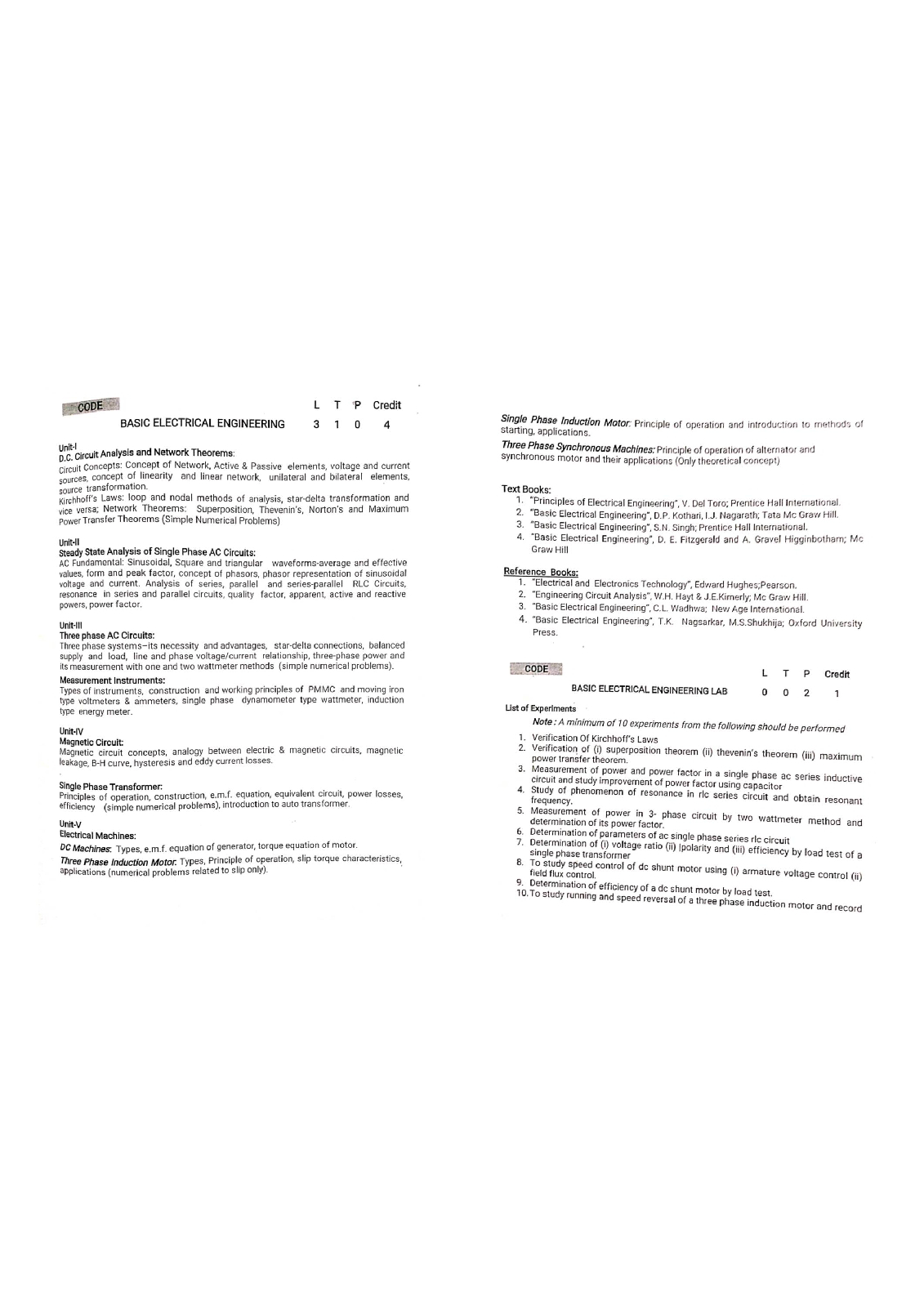All Friends
This is unofficial blogg.
For the Computer Science students
Welcome to akashaakash, the unofficial blog dedicated to Computer Science Engineering students! This platform is designed exclusively for study resources, syllabus details, and essential academic information to help you stay on track with your studies. Whether you're looking for structured course materials, exam syllabi, or important study guides, akashaakash aims to be your reliable resource hub. Our goal is to provide clear, well-organized information to support your academic journey. Stay updated with the latest syllabus, reference materials, and study tips—all in one place!
All important links
1. Official WhatsApp group Link:- B Tech 2023-24
4. WhatsApp group - B. Tech Unofficial group 2023-27 Unofficial
8.Download
Time Table For All Branches:-
Engineering Physics is a branch of applied physics that focuses on the scientific principles underlying modern engineering and technology. It combines physics, mathematics, and engineering to solve real-world problems and develop new technologies.
Key Aspects of Engineering Physics:-
1. Foundation in Physics – It covers classical mechanics, electromagnetism, quantum mechanics, thermodynamics, and optics.
2. Engineering Applications – It integrates physics with electrical, mechanical, and material sciences to develop advanced technologies.
3. Mathematical Rigor – Strong use of calculus, differential equations, and computational methods.
4. Innovation and Research – Often involves work in nanotechnology, photonics, semiconductors, and renewable energy.
Career Opportunities:-
- Research & Development (R&D)
- Semiconductor & Electronics Industry
- Optical and Laser Technology
- Renewable Energy & Nanotechnology
- Aerospace & Automotive Engineering
Mathematics syllabus:-
Engineering Mathematics 1 is the first course in mathematics for engineering students, covering fundamental mathematical concepts used in engineering applications. It typically includes:
Key Topics in Engineering Mathematics 1:-
1. Differential Calculus
- Limits and Continuity
- Differentiation of Functions
- Partial Differentiation
- Applications: Maxima & Minima, Rate of Change
2. Integral Calculus
- Definite and Indefinite Integrals
- Methods of Integration (Substitution, Integration by Parts)
- Applications: Area under Curves, Volume of Solids
3. Vector Calculus
- Vector Operations (Dot and Cross Product)
- Gradient, Divergence, Curl
- Line, Surface, and Volume Integrals
4. Matrices and Determinants
- Types of Matrices, Matrix Operations
- Determinants and Their Properties
- System of Linear Equations (Cramer's Rule, Inverse Method)
5. Differential Equations
- First-Order and Higher-Order Differential Equations
- Solutions Using Various Methods (Separation of Variables, Homogeneous & Non-Homogeneous Equations)
Fundamentals of electronics engineering syllabus:-
Fundamentals of Electronics Engineering is an introductory course that covers the basic principles of electronics, including circuit components, signals, and systems used in various engineering applications.
Key Topics in Electronics Engineering:-
1. Basic Electrical Concepts
- Voltage, Current, and Resistance
- Ohm’s Law and Kirchhoff’s Laws
- Power and Energy in Electrical Circuits
2. Electronic Components
- Resistors, Capacitors, Inductors (Passive Components)
- Diodes (PN Junction, Zener, LED)
- Transistors (BJT, MOSFET) for Switching and Amplifications
3. Semiconductor
- P-type and N-type Semiconductors
- PN Junction and Its Applications
4. Analog Electronics
- Operational Amplifiers (Op-Amps)
- Amplifiers and their Types
5. Digital Electronics
- Number Systems (Binary, Decimal, Hexadecimal)
- Logic Gates (AND, OR, NOT, NAND, NOR, XOR)
6. Communication Systems
- Analog and Digital Communication
- Basics of Wireless Communication
Basic electrical engineering syllabus :-
Basic Electrical Engineering (BEE) is an introductory course that covers the fundamental concepts of electricity, electrical circuits, and electrical machines. It is essential for all engineering branches as it provides the foundation for understanding electrical systems.
Key Topics in Basic Electrical Engineering:-
1. Basic Electrical Concepts
- Charge, Current, Voltage, and Power
- Ohm’s Law:
- Kirchhoff’s Laws:
- KCL (Kirchhoff's Current Law) – The sum of currents entering a node equals the sum of currents leaving.
- KVL (Kirchhoff's Voltage Law) – The sum of voltages in a closed loop equals zero.
2. DC Circuits
Series and Parallel Circuits
Nodal and Mesh Analysis
Thevenin’s and Norton’s Theorems
Superposition and Maximum Power Transfer Theorem
3. AC Circuits
AC vs. DC: Differences and Applications
Phasors and Complex Numbers in AC Analysis
Impedance () in AC Circuits: Resistance, Inductance, and Capacitance
Power in AC Circuits: Real, Reactive, and Apparent Power
4. Electrical Machines
Transformers: Working Principle, Efficiency
DC Machines: DC Generators and Motors
AC Machines: Induction Motors, Synchronous Machines
5. Power Systems Basics
Generation, Transmission, and Distribution of Electrical Power
Single-Phase and Three-Phase Systems
About us :
Hi, I’m Akash, a B.Tech student passionate about technology and learning. I am eager to explore various fields of engineering, programming, and problem-solving. This blog, akashaakash, is my initiative to share study resources, syllabus details, and academic information with fellow Computer Science Engineering students. Let’s learn and grow together!
Contact us:
For any query contact this mail 📬
aav077075@gmail.com
Instagram akash_shakti__
Tags:
B. Tech





B.Tech
ReplyDelete